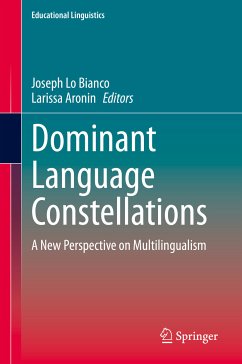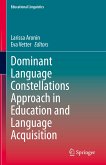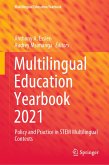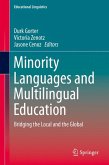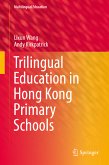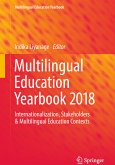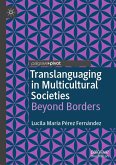This volume is dedicated to the concept and several applications of Dominant Language Constellations (DLC), by which it advances understanding of current multilingualism through addition of a novel perspective from which to view contemporary language use and acquisition. The term Dominant Language Constellation denotes the set of a person's or group's most expedient languages, functioning as an entire unit and enabling an individual or group to meet their needs in a multilingual environment. The volume presents pioneering contributions that employ DLC as the lens for analysing a wide array of issues. These include multilingual syntactic development, cross-linguistic interaction and multilingual production in formal and informal educational contexts, as well as linguistic profiles of multilingual groups used in elementary school and higher education. Other DLC issues include discussions of how identity, emotions and attitudes operate in various minority and majority contexts. Because the DLC concept does not assume any inherent hierarchy of languages it can serve as a framework public policy in multilingual countries/communities faced with challenging policy determinations regarding choice of languages for use in education settings and more widely in social institutions and the economy. Some chapters develop and extend the DLC concept, others adapt and apply it to a variety of contexts, both global and local. Many chapters feature educational and social settings across large parts of the world- Africa, Australia, Europe, North America (Canada and the USA) and Southeast Asia. The volume can serve as supplementary reading for courses on multilingualism, sociolinguistics, language policy and planning, educational linguistics, Second and Third Language Acquisition.
Dieser Download kann aus rechtlichen Gründen nur mit Rechnungsadresse in A, B, BG, CY, CZ, D, DK, EW, E, FIN, F, GR, HR, H, IRL, I, LT, L, LR, M, NL, PL, P, R, S, SLO, SK ausgeliefert werden.

